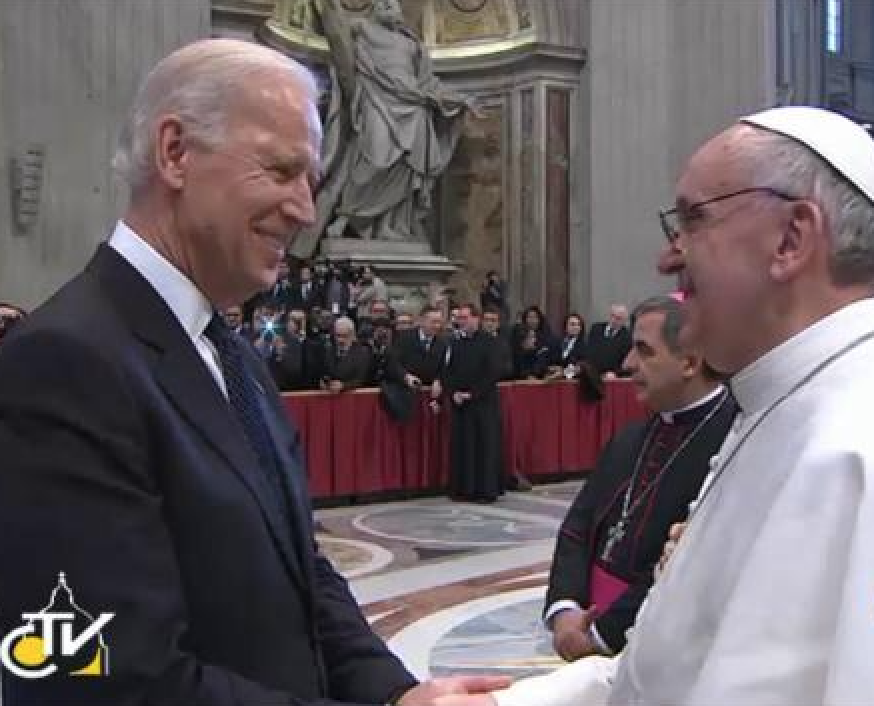Let’s say that, at some point in the future, multimedia crews manage to discover where President Joe Biden was attending Mass on a given Sunday.
As the president attempts to leave, journalists shout an obvious question, something like: "Mr. President! The U.S. bishops are almost done with the final draft of their document on abortion, politics and Holy Communion. Are you concerned about this?”
Recently, Biden responded to a similar question by saying: "That's a private matter and I don't think that's going to happen."
This kind of language, that specific doctrinal issues are “personal” or “private,” has been part of American Catholic code ever since the famous 1984 address at the University of Notre Dame by the late New York Gov. Mario Cuomo. But let’s say — as I suggested in this week’s “Crossroads” podcast (CLICK HERE to tune that in) — that Biden decides to tweek this reply at some point in the future.
What would happen if he said this: “That’s between me and my father confessor, so I will have no response at this time.”
This response would have several implications. First of all, it would mean that Biden is saying that he (a) has a father confessor, (b) that he has gone to confession, (c) that he has confessed his sins, (d) that his confessor has assigned him some for of penance and (e) absolved him of his sins. That last part, of course, could be assumed if Biden is receiving Holy Communion.
Oh, and there’s one implication here: That this is happening with a blessing, to one degree or another, from the bishop in authority over Biden’s father confessor. Ah, there is the main news hook.
The bishop and the priest would not, of course, discuss the contents of the president’s confessions. The bishop, however, could say that Biden’s ongoing actions clashing with church doctrines — linked to abortion, same-sex marriage, trans advocacy or some other issue — require the denial of Holy Communion since these actions are, under Catholic doctrines, a threat to the president’s eternal soul.
After all, as the journalists (and canon lawyers) at The Pillar recently noted:










